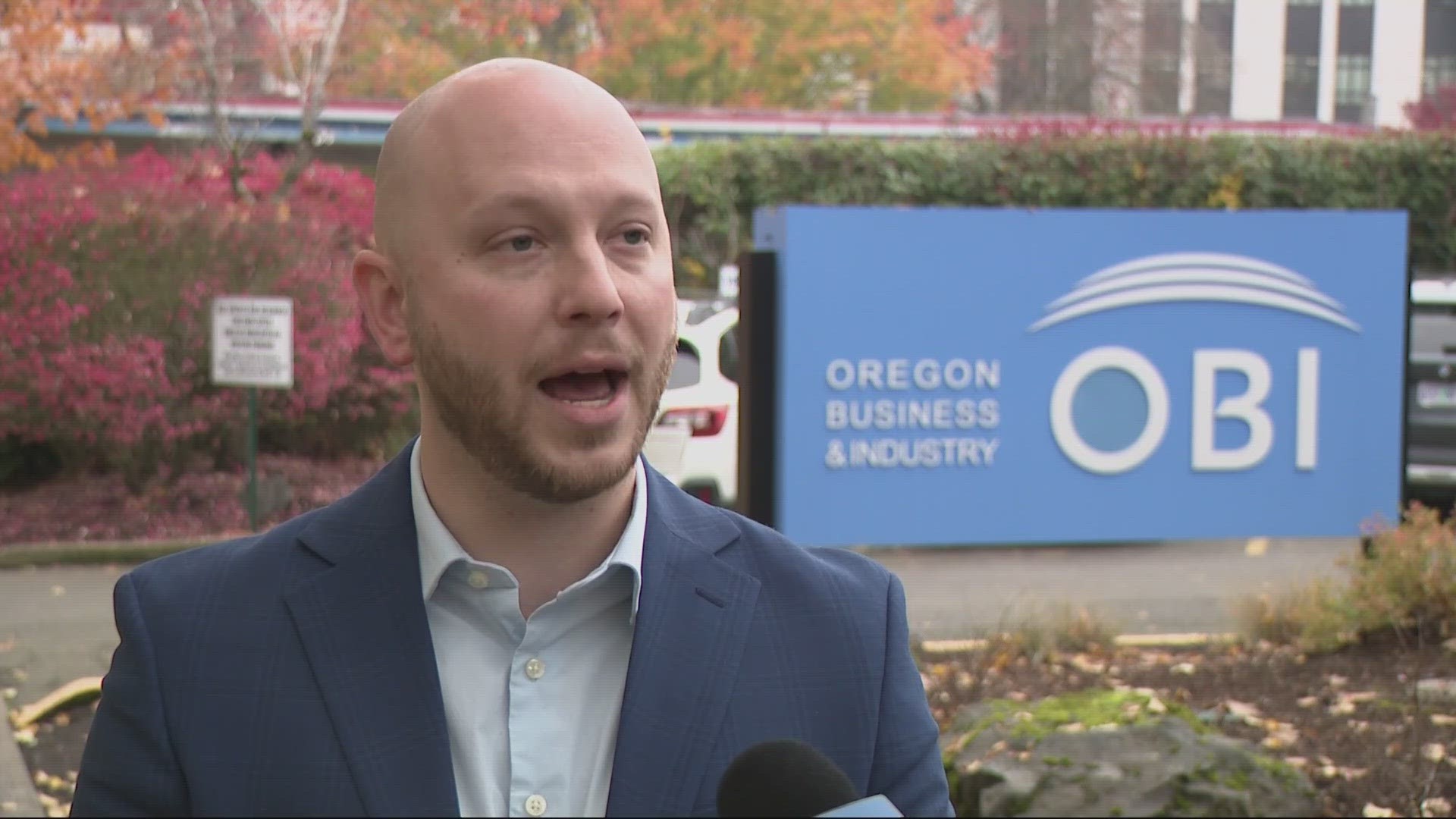SALEM, Ore. — Voters in Salem struck down a new payroll tax Tuesday, with more than 82% of voters rejecting the tax that was passed by the city council in July.
The Salem City Council passed the payroll tax on July 13, despite an outpouring of testimony against it. The purpose of the tax, according to city officials, was to make up an $19 million budget shortfall for city services. The city planned to implement the tax starting in 2024.
RELATED: Salem workers frustrated by new city income tax: 'The difference between medicine, rent and food'
Salem City Manager Keith Stahley said last summer that the tax would help the city expand and maintain police and fire department resources, and also pay for homeless services, including three micro-shelter communities and a navigation center.
The 0.814% tax was to be collected from the earnings of all workers who make more than minimum wage. For someone making $50,000 a year, for example, the additional tax would cost around $400. The tax didn't just affect Salem residents, but anyone working within the city. Salem Mayor Chris Hoy in July said the tax would generate $29 million annually.
But workers and residents in Salem spoke out strongly against the tax from the start.
"What might seem like a small tax to you is the difference between medicine, rent and food," Salem resident Riley Harrigan told city officials in July.
On Wednesday the chief petitioner of the referendum against the tax said Salem residents voted with their pocketbooks against the payroll tax.
"Voters sent a very clear and decisive message, which was that they do not support a complicated, convoluted and frankly too costly tax increase. They spoke with a resounding voice and one that should really echo across the state," said Preston Mann, director of political affairs for Oregon Business & Industry, a statewide business advocacy group.
Workers said Salem residents should have been able to vote on the tax, instead of it being decided by the city council. By August, opponents had successfully gathered enough signatures on a ballot initiative, ensuring that voters would have the final say on the new tax in November.
There was some support for the payroll tax, with nearly one in five voting in favor. Save Salem, a group campaigning for yes votes, was led by Salem City Council President Virginia Stapleton.
"The City Council now faces the daunting prospect of cutting millions in services to balance the budget while working with residents across the city to secure another revenue stream," Stapleton said after the loss. "We don’t have a choice on securing new revenue. We have to get to yes on something."
Save Salem also said opponents of the tax outspent them, raising $200,000 for the no vote campaign, claiming much of it was money from outside the area and even outside the state.
But local voters on Tuesday night overwhelmingly said no.
City Manager Stahley said on Wednesday that officials and staff anticipated the outcome, but he was surprised it was such a lopsided result.
"Of course it definitely gives us some pause, but it doesn't change the reality is I've got a city budget that requires a certain amount of revenue, and if we don’t have it, we're going to have to reduce our expenses," he said.
Stahley told KGW the city council will consider a funding package on Nov. 27 to facilitate community engagement, to understand how much residents are willing to spend and how much they are willing to lose in services, in order to balance the city budget.
Without the ballot initiative, Salem voters would have needed to wait eight years before getting a chance to vote on whether to keep the payroll tax.

